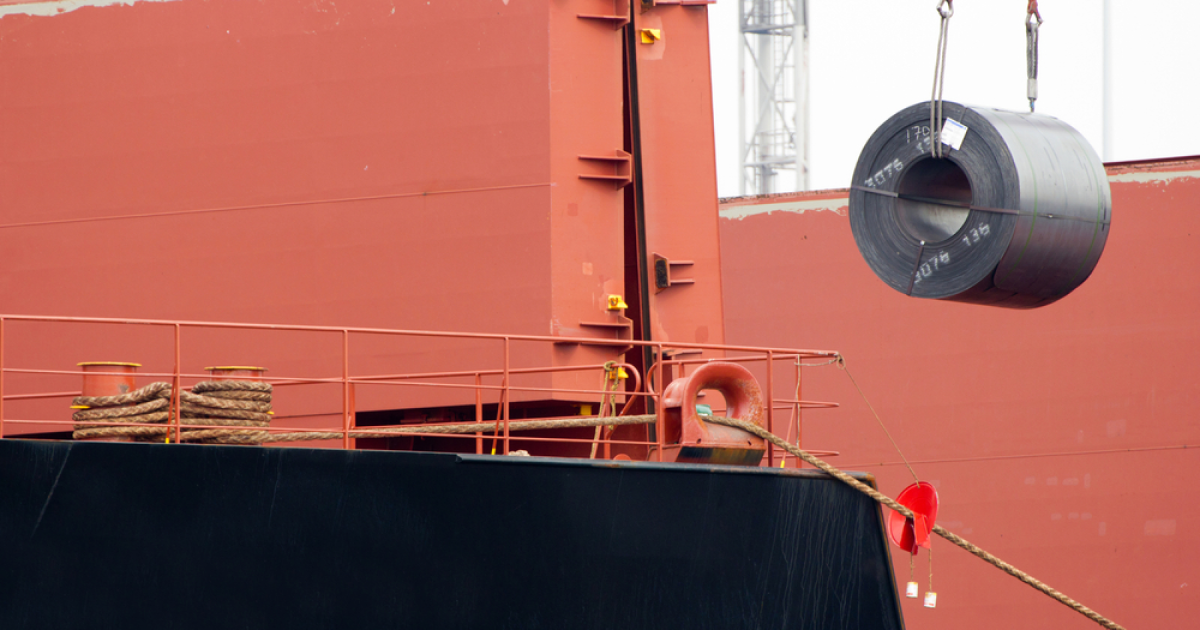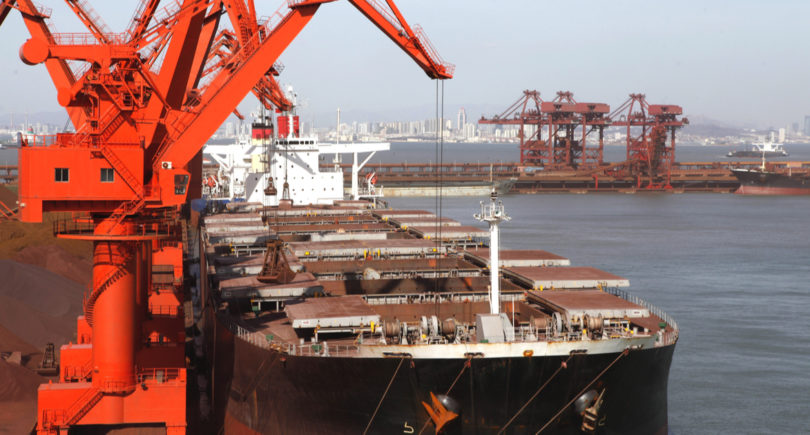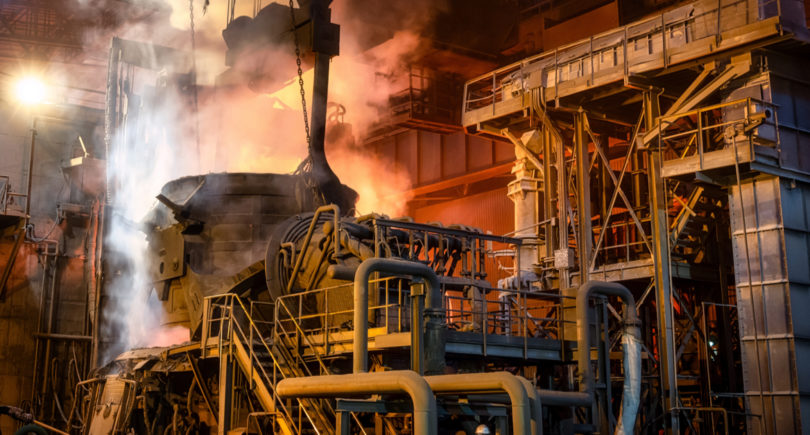
News Global Market India 727 11 January 2024
The relevant department has not yet sent proposals to the Ministry of Finance of the country
India’s Ministry of Steel has no plans to seek an increase in import duties on steel products in the near term. Reuters reports this with reference to a government source.
The country has already become a net importer of steel due to increased supplies from abroad, especially from China. Indian steelmakers have asked the government to increase import duties to change the situation. However, according to an insider familiar with the matter, the relevant department has not yet sent relevant proposals to the Ministry of Finance due to good domestic demand.
The country’s steel companies want the government to raise import duties on certain types of steel products, which currently stand at 7.5%.
In the first 8 months of FY2023/2024 (April-November), rolled steel consumption in the country reached a five-year high of 87.1 million tons, up 14.9% year-on-year.
In the same period, Chinese steel imports also reached their highest level in five years. In 8 months of FY2023/2024, China became the largest exporter of rolled products to India, increasing shipments by 48.2% y/y – up to 1.3 million tons. The Indian government will closely monitor steel imports to the country, the source said.
At the same time, Indian steel producers recommend that policy makers and industry pay attention to several key areas that will help balance the dynamics of supply and demand in the industry by 2030, Kallanish writes. These include focusing on infrastructure, revising production standards, and producing green steel.
In particular, the country’s flat-rolled steel production capacity is expected to increase from 70 million tons per year to 90-95 million tons per year by 2023. According to industry leaders, the main increase in demand is expected to come from the rural sector.
India’s flat steel production is growing gradually, remaining within 43-45% of the country’s total steel production. Praveen Srivastava, Head of Marketing and Sales at Tata Steel, said that the country has a lag in long products production, as most mills have limited capacity to produce coils, so there is a need for appropriate investments.
Representatives of steel companies noted that this can happen only with the support of the government. According to traders, the government should revise the outdated national standards for flat rolled products.
As GMK Center reported earlier, the Government of India is working over the second stage of the Production Linked Incentive (PLI) scheme for the steel industry, which will be introduced in 2024.



